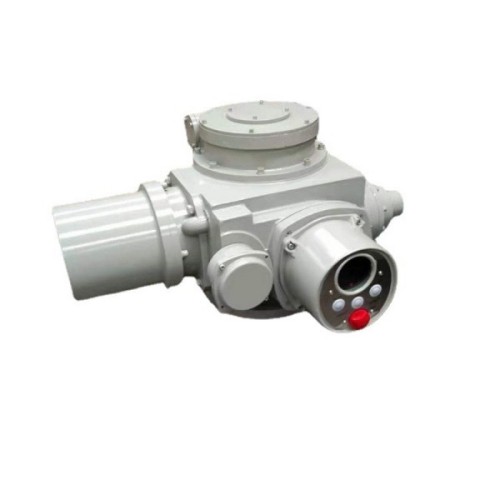control ball valve
Understanding Control Ball Valves Functionality, Applications, and Benefits
Control ball valves are pivotal components used in various industrial applications, playing a crucial role in the efficient management of fluid flow. As a type of quarter-turn valve, control ball valves utilize a spherical disc, or ball, that controls the flow of substances through a pipeline by either allowing or restricting passage. Their design provides a robust solution for regulating fluid flow, ensuring systems operate smoothly and efficiently.
The Mechanism Behind Control Ball Valves
At the heart of the control ball valve's functionality is its spherical ball, which features a hole or port through the center. When the valve is in the open position, the hole aligns with the flow direction, allowing fluid to pass through. Conversely, when the valve is closed, the solid part of the ball blocks the flow. The ability to rotate the ball a quarter turn (90 degrees) provides rapid switching between open and closed states.
However, control ball valves go beyond mere on-off functionality. Many designs incorporate additional features that allow for precise flow control. This can be achieved by utilizing a specially designed ball or by employing a positioner that adjusts the valve’s position based on feedback from the system. This feedback could be pressure, temperature, or flow rate, allowing for finer control of the fluid dynamics within a system.
Types of Control Ball Valves
There are various types of control ball valves designed for specific applications. The following are some common types
1. Standard Control Ball Valves These are typically used for general applications where basic flow control is required. They are simple in design and often made from materials like stainless steel or plastic.
2. V-Port Ball Valves Featuring a V-shaped notch in the ball, these valves allow for enhanced throttling capabilities. The design grants better control over flow rates, making them suitable for more complex processes where precise flow regulation is necessary.
3. Multi-Port Ball Valves These valves can direct flow in multiple directions, allowing for versatile system configurations. They are particularly useful in processes where materials need to be redirected or combined.
Applications of Control Ball Valves
Control ball valves are employed in a myriad of industries due to their versatility and reliability. Here are some prominent applications
control ball valve

- Oil and Gas Industry In this sector, control ball valves manage the flow of natural gas and oil, ensuring that the transportation processes remain efficient and safe
.- Water Treatment Plants These valves help regulate the flow of water and additives throughout the treatment process, facilitating better management and ensuring compliance with safety standards.
- Chemical Processing Control ball valves are essential in chemical manufacturing, allowing for the precise control of reactions by adjusting the flow rates of various reactants.
- HVAC Systems In heating, ventilation, and air conditioning systems, control ball valves manage the flow of water and air, contributing to energy efficiency and maintaining comfortable indoor environments.
Benefits of Control Ball Valves
The widespread use of control ball valves can be attributed to their numerous advantages
1. Efficiency Control ball valves provide rapid response times, allowing for quick adjustments to flow, which can enhance system efficiency.
2. Durability Constructed from robust materials, these valves are designed to withstand harsh conditions, making them reliable over long periods with minimal maintenance.
3. Space-Saving Design The compact nature of control ball valves allows for easier installation in tight spaces, helping to optimize system layout.
4. Versatile Control With options for varying designs and configurations, control ball valves offer flexibility in application, making them suitable for a wide range of industries and processes.
In conclusion, control ball valves are fundamental components in modern industrial processes, ensuring efficient management of fluid systems. Their ability to provide both on-off control and precise flow regulation makes them invaluable in a variety of applications, from oil and gas operations to chemical processing and water treatment. As industries continue to evolve, the role of control ball valves will remain critical in driving operational efficiency and reliability. Understanding their functionality and advantages can aid businesses in selecting the right valve solutions for their specific needs.
-
3 types of check valves maintenance tipsNewsAug.23,2025
-
Ball valves types with trunnion mounted designNewsAug.23,2025
-
Butterfly valve company production capabilitiesNewsAug.23,2025
-
Fisher globe valve technical specificationsNewsAug.23,2025
-
Types of gaskets for flanges selection guideNewsAug.23,2025
-
Wedge gate valve suppliers quality standardsNewsAug.23,2025
-
Breakthrough in Domestic Low Temperature Valve Technology in ChinaNewsAug.18,2025




